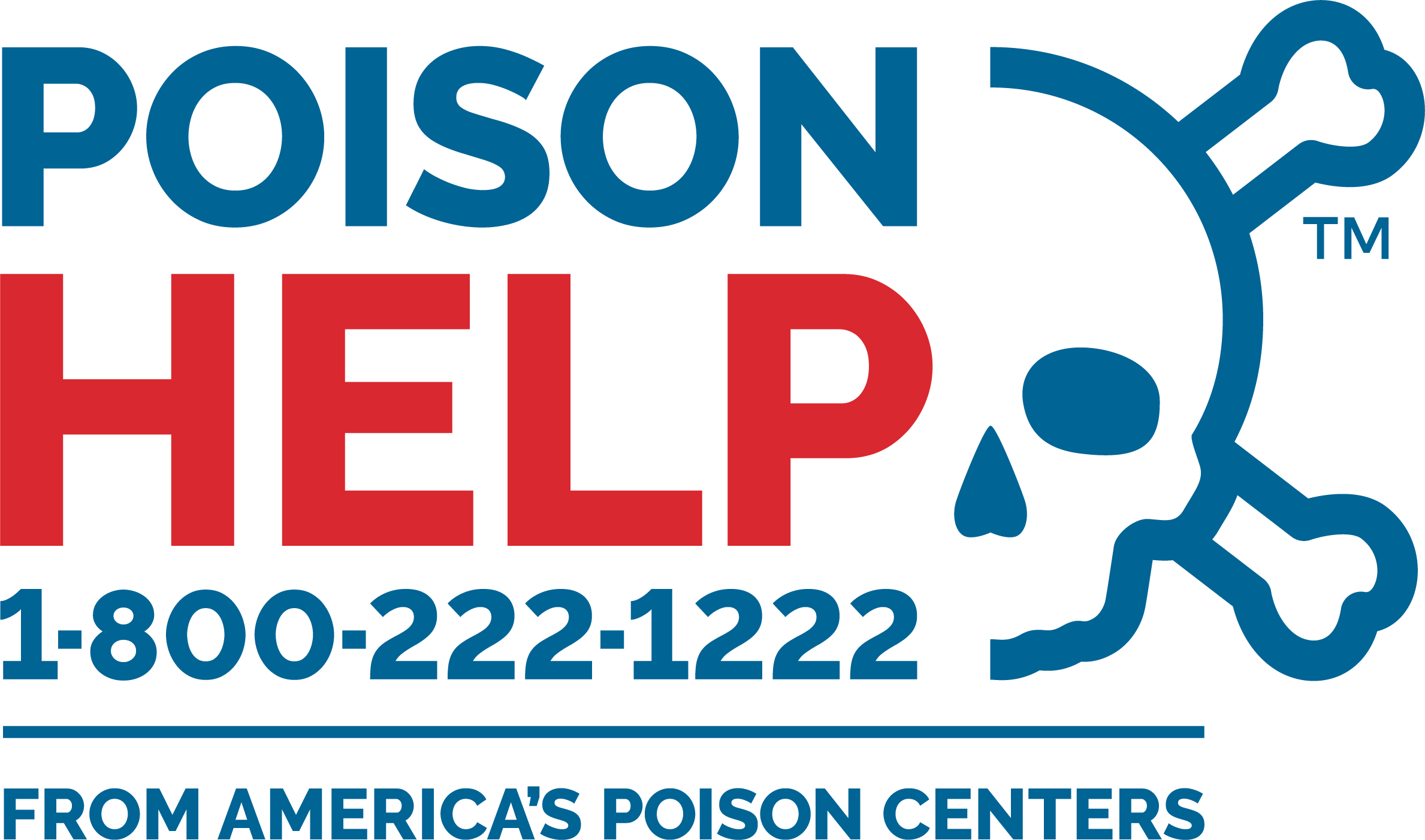Carbon Monoxide
[su_youtube url=”https://youtu.be/zCy_Jngq0W0″] [su_expand more_text=”Show More”] Carbon monoxide (CO) is a colorless, odorless, tasteless gas that can kill a person in minutes. It is produced wherever fuel such as gas, oil, kerosene, wood or charcoal is burned. If appliances that burn fuel are maintained and used properly, the amount of CO that is produced is harmless.
 CO is one of the leading causes of poisoning death in the United States. Early symptoms of CO poisoning can mimic the flu or other illnesses. These symptoms may include: fatigue, dizziness, headache, vomiting, difficulty breathing, confusion and fainting. CO poisoning may lead to unconsciousness and death. CO gas can be especially dangerous for pregnant women and their unborn babies, infants and people with anemia and a history of heart disease. The most common sources of CO:
CO is one of the leading causes of poisoning death in the United States. Early symptoms of CO poisoning can mimic the flu or other illnesses. These symptoms may include: fatigue, dizziness, headache, vomiting, difficulty breathing, confusion and fainting. CO poisoning may lead to unconsciousness and death. CO gas can be especially dangerous for pregnant women and their unborn babies, infants and people with anemia and a history of heart disease. The most common sources of CO:
- Oil, wood or gas furnaces
- Space heaters (kerosene heaters)
- Gas or oil water heaters
- Gas stoves
- Gas dryers
- Fireplaces and wood stoves
- Charcoal grills
- Automobiles
- Lawn mowers and other gas powered lawn equipment
Tips to Prevent Carbon Monoxide Poisoning:
- Have fuel-burning appliances, venting and chimney systems in your home inspected by a professional technician every year
- Install and use an exhaust fan vented to the outside over gas stoves
- Do not use an oven or gas range to heat your home
- Do not let the fireplace or space heater run while you are sleeping
- Open flues when fireplaces are in use
- Never use charcoal grills inside your home, garage or inside a tent; only use in a well-ventilated area
- Never leave an automobile engine running in a garage, even if the garage door to the outside is open (Fumes can build up quickly)
- Do not sleep in a parked car while the engine is running
- Have the exhaust system in your automobiles inspected for possible leaks
- Do not use any gasoline-powered engines, such as mowers, weed trimmers, chain saws, small engines or generators in enclosed spaces
- Install at least one carbon monoxide detector near the sleeping areas in your home
- Call the GPC at 1-800-222-1222 for more information
[/su_expand]
